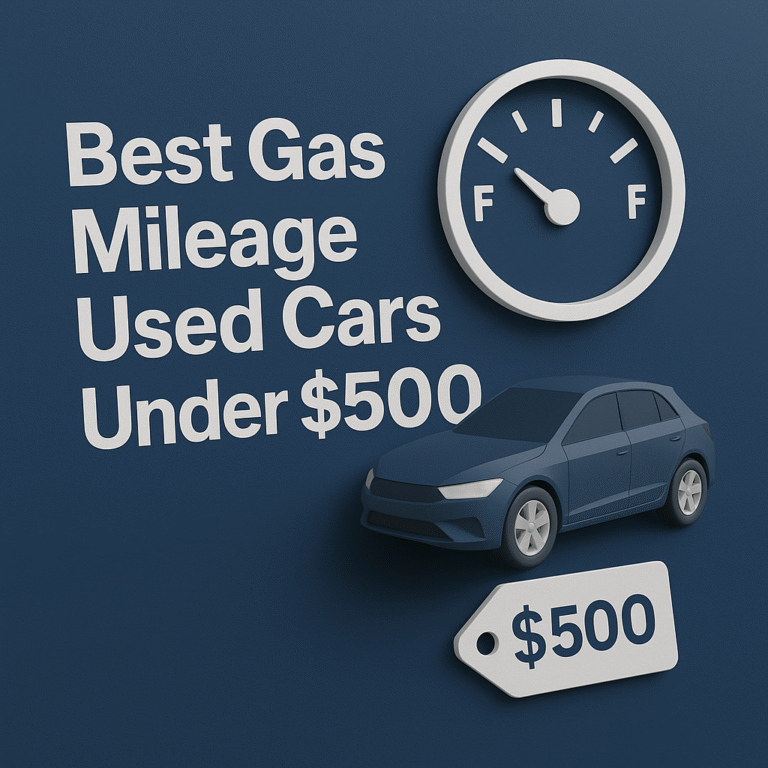Monday - Friday 08:00 - 05:00
EV SAVING CALCULATOR
EV Savings Calculator
⛽ Current Vehicle
⚡ EV Details
💰 Costs
📈 Your Savings
Total Number Of Calculation
Gas vs. EV Saving Calculator

How to Use the Gas vs. EV Saving Calculator
Step 1: Pick Your Gas Vehicle
Start by choosing the type of gasoline car you roll with. I plugged in my old sedan nothing fancy, just a reliable ride that’s been chugging along for years.
Step 2: Add Your Average MPG
Next, toss in the miles per gallon (MPG) your gas vehicle gets. Mine averages about 28 MPG decent, but those repair costs for upkeep keep creeping up. You can find this on your car’s spec sheet or just ballpark it from your last few fill-ups.
Step 3: Choose Your Electric Vehicle
Now, pick an electric vehicle model. I went with a popular electric car I’d been eyeing, curious about its battery technology and how it’d handle my daily grind.
Step 4: Punch in kWh per 100 Miles
Put in how many kilowatt-hours (kWh) your electric vehicle uses to go 100 miles. For the one I was checking out, it was about 34 kWh solid enough to feel good about, especially with government incentives like that federal tax credit knocking some dollars off. Dig through your EV’s manual or poke around online for the exact number it’s worth the hunt.
Step 5: Plug in Gas and Electricity Costs
Here’s where it gets real. Enter the current gas price (in $/gallon) and electricity cost (in $/kWh). Where I live, gas was hovering at $3.50 a gallon, while electricity was a steal at $0.12 per kWh. These numbers shift depending on many countries or even states, so use what’s local to you especially if you’re chasing environmental investment.
Step 6: Hit “Calculate Savings”
Click that button, and watch the magic happen. It spits out a comparison of annual savings between your gasoline vehicle and the electric vehicle. For me, the switch promised a chunk of change saved on fuel costs over the long term plus lower insurance costs and no more oil changes. The upfront costs of the EV were higher, sure, but the resale value and tax breaks made it tempting.
Our Services
Fuel Cost Calculator
A fuel trip calculator estimates fuel cost based on distance, mileage, and fuel price for smarter travel planning.
Mileage Calculator
A mileage calculator helps compute distance traveled using trip start and end readings for accurate fuel/travel tracking.
Gas Mileage Calculator
A gas mileage calculator estimates your vehicle’s fuel efficiency using miles driven & gas used for smarter cost tracking.
EV Saving Caluclator
An EV saving calculator compares electric vs. gas vehicle costs to estimate long-term savings on fuel and maintenance.
Frequently Asked Questions
An EV saving calculator helps estimate how much money you can save by switching from a gas vehicle to an electric vehicle (EV).
It compares your current fuel costs with the electricity costs of an EV, factoring in miles driven and energy rates.
You’ll need your average miles driven, fuel cost per gallon, your car’s MPG, and local electricity rates.
Drivers considering switching to an electric vehicle or comparing ownership costs between gas and EV cars.
Up to 60–70% cheaper to “fuel” compared to gasoline cars
Electricity cost per mile: around $0.03–$0.05
Gasoline cost per mile: typically $0.10–$0.15 (based on $3–$4/gallon and 25–30 MPG)
Over 15,000 miles/year, an EV can save you $600–$1,200 annually in fuel
EVs also avoid oil changes and many engine-related repairs
Drive Smoothly: Avoid rapid acceleration and hard braking to conserve battery.
Use Regenerative Braking: Let your EV recover energy when slowing down.
Precondition Cabin: Heat or cool the car while it’s plugged in to save battery power during the drive.
Limit AC/Heater Use: Climate control can drain battery—use eco settings or seat warmers when possible.
Reduce Weight: Remove unnecessary items from the trunk or back seat.
Check Tire Pressure: Properly inflated tires reduce rolling resistance and boost efficiency.
Avoid High Speeds: Driving slower on highways can significantly increase range.
Update Software: Keep your EV’s software up to date for the latest efficiency improvements.
Plan Routes Wisely: Use EV navigation tools that optimize for charging stations and terrain.
Stay Informed


